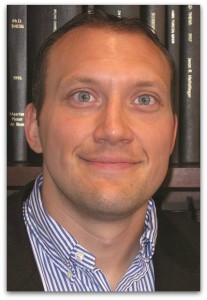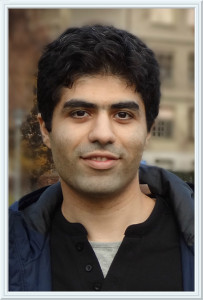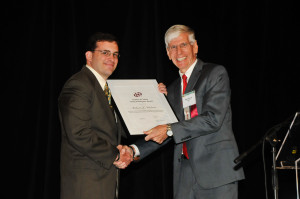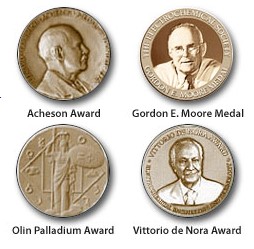ECS’s Energy Technology Division has presented three distinguished student awards to be accepted at the 227th ECS Meeting this May in Chicago, IL.
The Energy Technology Division Supramaniam Srinivasan Young Investigator Award will be presented to William Mustain of the University of Connecticut.
 William Mustain earned a Ph.D. in Chemical Engineering at the Illinois Institute of Technology in 2006, followed by two years as a Postdoctoral Fellow in ECS President Paul Kohl’s research group at Georgia Tech. He went on to join the Department of Chemical & Bimolecular Engineering gat the University of Connecticut in 2008.
William Mustain earned a Ph.D. in Chemical Engineering at the Illinois Institute of Technology in 2006, followed by two years as a Postdoctoral Fellow in ECS President Paul Kohl’s research group at Georgia Tech. He went on to join the Department of Chemical & Bimolecular Engineering gat the University of Connecticut in 2008.
Over the past twelve years, Prof. Mustain has worked in several areas related to electrochemical energy generation and storage, including: catalysts and supports for proton exchange membrane and anion exchange membrane fuel cells and electrolyzers, high capacity materials for Li-ion batteries, the purposeful use of carbonates in low temperature electrochemical systems, and the electrochemical conversion and utilizations of methane and CO2.
Take a peak at his award address, “Near Room Temperature Conversion of Methane to Methanol.”
The Energy Technology Division Supramaniam Srinivasan Young Investigator Award was established in 2011 to recognize and reward an outstanding young researcher in the field of energy technology.








